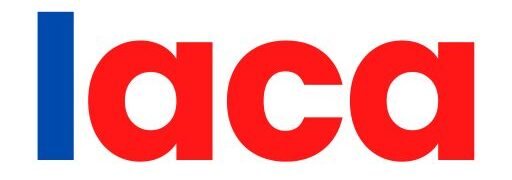As discussions about a potential new stimulus payment under Donald Trump’s 2025 presidency gain traction, many Americans are eager to know what to expect. The latest proposal, dubbed the DOGE Dividend, suggests using government savings to provide direct payments to taxpayers. This initiative has been linked to Elon Musk’s Department of Government Efficiency (DOGE), which aims to cut federal spending.
The DOGE Dividend Proposal
The idea originated from James Fishback, CEO of Azoria, who suggested that if DOGE successfully reduces government spending by $2 trillion, households could receive stimulus checks of approximately $5,000. Musk responded favorably to the proposal and stated that he would discuss it with Trump. The idea behind the DOGE Dividend is to allocate 20% of the savings to direct payments for citizens while using another 20% to reduce national debt.
Progress and Challenges
As of now, DOGE has reported $65 billion in government savings, a significant step but far from the ambitious $2 trillion goal. Some experts question whether the reported savings are accurate and if they will be sufficient to fund the proposed stimulus checks. Additionally, the plan would require congressional approval, and debates are already emerging over whether the savings should be used for tax cuts or debt reduction instead.
Economic Concerns and Expert Opinions
Many economists warn that issuing large direct payments could fuel inflation, similar to what happened with previous stimulus checks during the pandemic. Given the ongoing battle with inflation, some argue that extra cash in the economy could worsen the situation. Tax experts also caution that the plan is far from guaranteed, as the savings numbers reported by DOGE are still under scrutiny.
Conclusion
While the idea of a new stimulus payment in 2025 under Trump’s presidency is gaining attention, several hurdles remain. The feasibility of the DOGE Dividend depends on actual government savings, inflation concerns, and political approval. For now, Americans should stay informed but avoid making financial plans based on an uncertain proposal.



